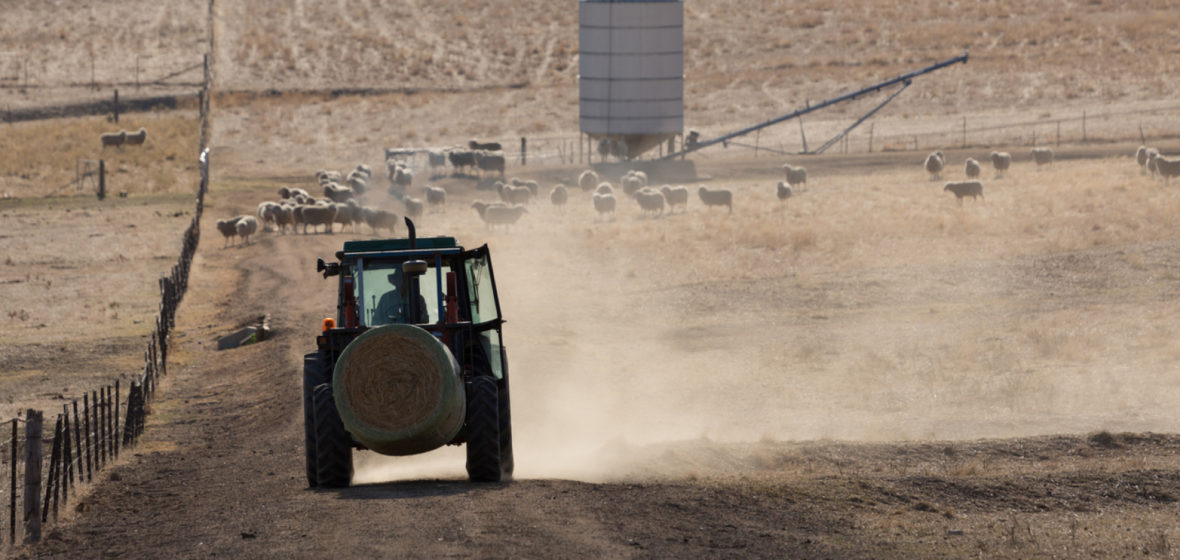Should COVID-19 vaccinations be mandatory for workers in areas that have seen very few cases? How should families manage assets and accounting in a farming business? And what impact will a new Drug Court in Dubbo have in reducing drug crime?
These were the weighty issues being considered at the 2021 Rural Issues Conference, hosted online by the Law Society of NSW in October.
Experts grappled with a range of legal concerns facing rural areas in NSW, after the regions had battled several difficult years of bushfires, drought, floods, a global pandemic, and even a mouse plague through the winter of 2021.
Mandatory vaccination policies in workplaces – even in areas that had seen very few COVID-19 cases – were playing on the minds of many lawyers and their clients. Carly Stebbing, founder of employment law firm Resolution123, said COVID-19 vaccine issues were “basically the theme of every employment lawyer’s life at the moment”. She said many clients in regional areas were concerned about losing their jobs for refusing the jab, and others disputed whether mandatory vaccination was reasonable for workplaces not covered by Public Health Orders.
“We’re getting five to 10 inquiries a day from employees who are being told they need to be vaccinated but don’t want to be vaccinated,” Stebbing said.
She added that the law turned on whether a direction to get vaccinated could be considered reasonable in each individual circumstance.
“If you’re in an area that has not had a single case, and you’re not subject to a public health order, I think it’s highly unlikely that issuing a direction for mandatory vaccination in a workplace would be considered a lawful and reasonable direction. It’s so tricky to navigate, though, because the situation can change very quickly. If you look at the Hunter region for example, there were no cases for a while there and then it became a hotspot of its own.”
Claire Booth, a Senior Associate at Duffy Elliot Lawyers in Dubbo, offered advice on managing wealth distribution, taxes and assets in family farming businesses. Amid a boom in regional real estate through the pandemic, house and land prices have grown by as much as 27 per cent in one year. The resulting increase in asset wealth, and equitable distribution of that wealth between family members in farm businesses, was becoming a major source of work for regional lawyers.
“There were something like 100 expressions of interest in a recent sale of a corporate farm in Victoria,” she said. “As an asset class, people are looking at this [farming land] with interest. It’s a very wealthy area to invest in.”
Booth said it was important for lawyers to realise regional farms often involved families and emotional attachment, so it is useful to clearly document expectations in the same way a business would. She said lawyers need to remember “we are dealing with people – human capital before land and water”.

In one of the most well-attended and interactive sessions of the day, former Senior Judge of the NSW Drug Court Roger Dive answered common questions about the new Drug Court coming to Dubbo in 2022 and how it may assist to reduce reoffending in drug-related crime.
The former Senior Judge said ice (crystal methamphetamine) was still the drug causing most concern for regional areas, but that he had also seen a rise in use of newer drugs like fentanyl – which is a synthetic, incredibly strong form of heroin – involved in crimes that reach the Drug Court. However, during his 17 years as the Senior Judge in the program, he had seen the benefits apply to an array of different users. He said diversionary programs could assist regional communities no matter which drug was circulating at the time.
“The Bureau of Crime Statistics and Research have done two major evaluations of the NSW Drug Court … These evaluations were very positive as to the Drug Court being far more effective than people going to jail.”
Former Judge Dive said the Dubbo Drug Court would be up and running by about July next year. It would handle up to 80 assessment cases at any one time, sitting “one to two” days per week, with a registry open daily for case filings and bathrooms available for drug testing five days per week.
For more, register to view the conference in full online here.




